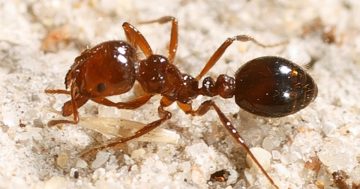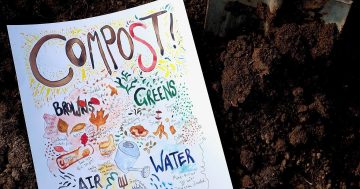 The Department of Primary Industries and Regional Development has declared a Quarantine Area for parts of the Cities of Bayswater and Belmont after the Queensland Fruit Fly (Qfly) was detected in Bayswater.
The Department of Primary Industries and Regional Development has declared a Quarantine Area for parts of the Cities of Bayswater and Belmont after the Queensland Fruit Fly (Qfly) was detected in Bayswater.
The detection of Qfly, a serious agricultural pest, requires residents and businesses in the Quarantine Area to take action.
A broader 15-kilometre buffer zone is also in place.
In a statement, the Department said that while there had been no Qfly detections in the outer metropolitan horticulture production districts, the Swan Valley was included in the buffer zone, requiring growers to follow movement directions for produce.
“The Quarantine Area has a small Corrective Action Zone covering a 1.5-kilometre radius around the detection point near the intersection of Frinton and Roberts Streets,” the Department said.
“Home-grown fruit and fruiting vegetables, like tomatoes, chillies and capsicums, cannot be moved out of or within the Corrective Action Zone, unless cooked, frozen or solarised.”
It said unwanted fruit and fruiting vegetables must be treated by cooking, freezing or solarising before being disposed of in general waste bins.
“Ripe or ripening fruit and fruiting vegetables from home gardens must be picked regularly and all fallen fruit removed every three days and treated before being moved within or outside the zone,” the Department said.
“We are working with Swan Valley growers, providing advice on the movement and treatment of commercial fruit within, out of, and through the Quarantine Area.”
Chief Plant Biosecurity Officer at the Department, Sonya Broughton said an extensive eradication campaign was under way, including inspections and baiting with a registered organic control on street trees and trees on residential and commercial properties.
“Qfly is considered one of the world’s worst pests, attacking more than 300 fruits, fruiting vegetables and fruiting plants, as well as home gardens,” Ms Broughton said.
Reports of suspected Qfly can be made to DPIRD’s Pest and Disease Information Service on 9368 3080 or its MyPestGuide Reporter app, accessible at this PS News link.





